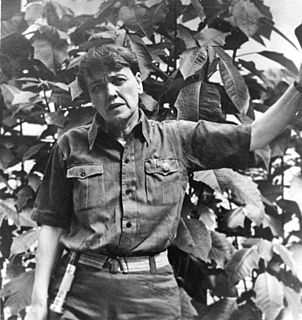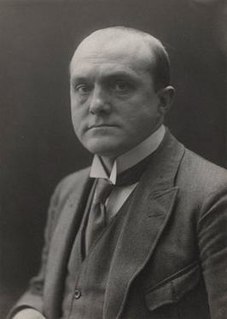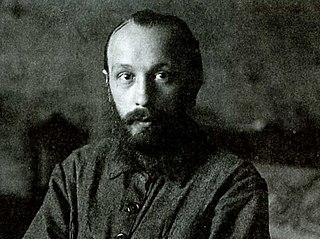A Quote by David Whyte
It is the province of poetry to be more realistic and present than the artificial narratives of an outer discourse, and not afraid of the truthful difficulty of the average human life.
Related Quotes
We're just afraid, period. Our fear is free-floating. We're afraid this isn't the right relationship or we're afraid it is. We're afraid they won't like us or we're afraid they will. We're afraid of failure or we're afraid of success. We're afraid of dying young or we're afraid of growing old. We're more afraid of life than we are of death.






































